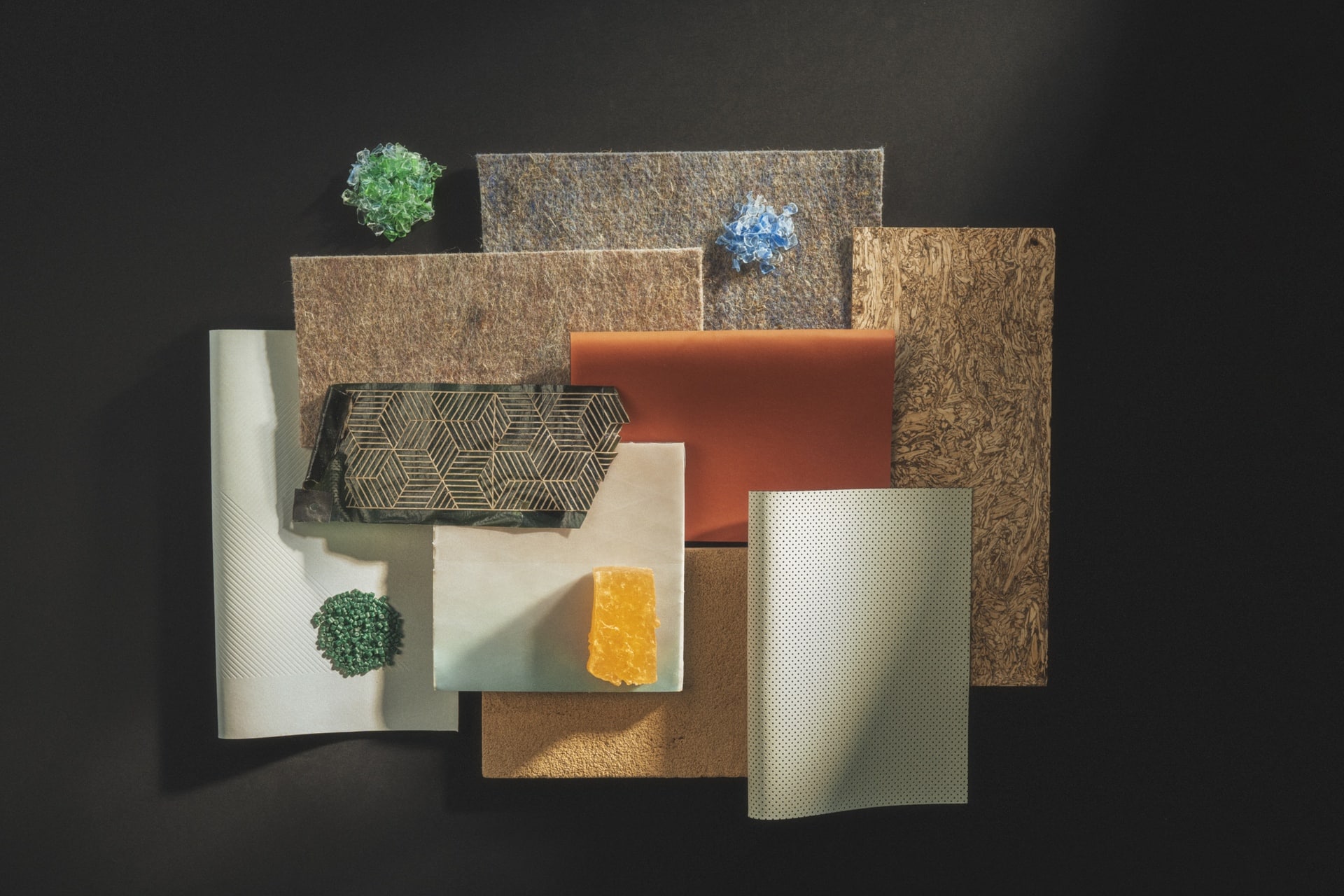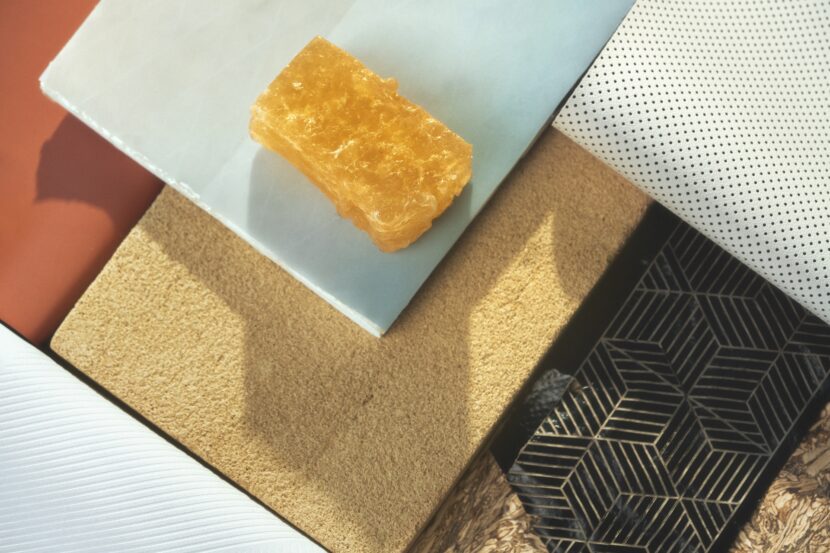BMW is moving forward towards their goal of 100% sustainable vehicles. The group announce today that, starting in 2023, BMW and MINI cars will feature completely vegan interiors. The company says it has developed innovative materials with leather-like properties which could be used on steering wheels as well. In a press release, BMW says that these materials will feel and look premium, with good wear resistance.
Vegan Materials on Steering Wheels
Furthermore, BMW says that by using new materials on steering wheels, the proportion of vehicle components containing traces of raw materials of animal origin fall to less than 1% in the respective. As a result, these materials will now only be found in areas that are not visible to the customer, for example in various waxy substances such as gelatine used in protective coatings, lanolin in paints, tallow as an additive in elastomers and beeswax as a flux for paints.
“With a steering wheel made from a high-quality vegan surface material, we are fulfilling the wishes of our customers who do not want to make any compromises in terms of look, feel and functionality. The innovative material withstands wear and tear caused by abrasion, perspiration and moisture and has all the desirable properties of leather,” says Uwe Kohler, Head of Develpment Body, Exterior TrimInterior at the BMW Group. The only distinguishing feature of the new material will be a new grain effect on the steering wheel rim.
Read Also:
According to BMW, leather-free surfaces reduce CO2e emissions by 85 percent. Up to now, most of the emissions produced, around 80 percent, were in the form of methane gas from cattle rearing. The remaining 20 percent accounts for by processing of the cowhide, which is highly energy- and water-intensive. But this is just the beginning of this circular economy. BMW states that tuture vehicle generations will offer other attractive alternatives to leather. By working with startup companies, BMW aims to develop innovative bio-based materials.
For example, Mirum™, which is 100 percent bio-based and petroleum-free, has the potential to mimic all the properties of traditional leather. Another new material, Deserttex™, is made from pulverized cactus fibers with a bio-based polyurethane matrix.



















































